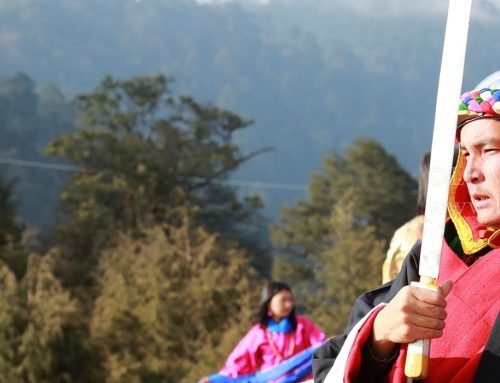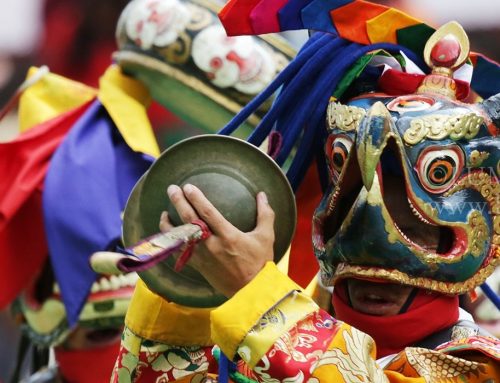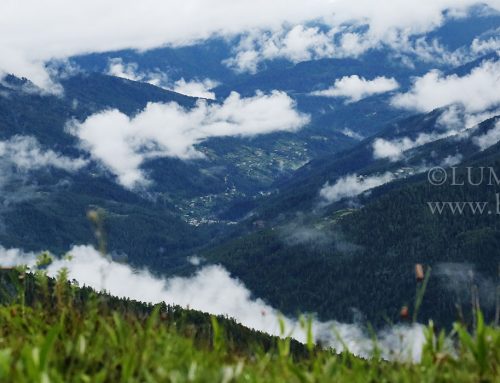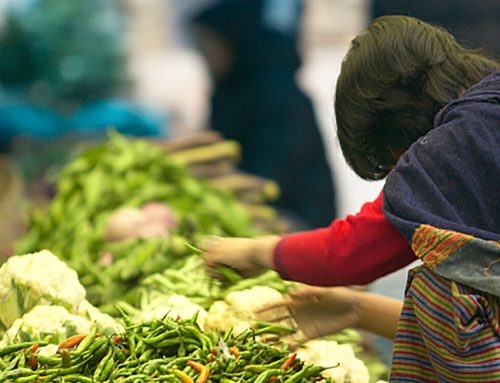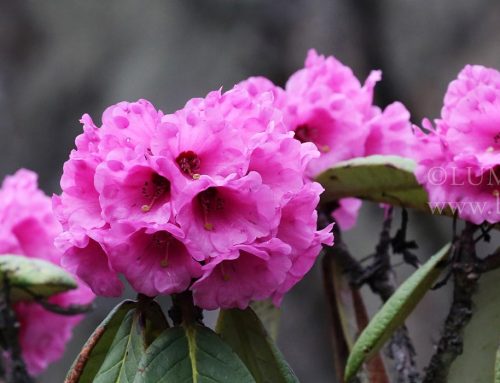Bhutan peacefully transitioned to democracy in 2008 after being under monarchy for exactly 101 years. The period of monarchy saw four progressive and visionary successive Kings. Today the country is experiencing an interesting phase in her history.
Bhutan’s political system is known as the constitutional monarchy where the King is the head of state and prime minister the head of government.
The Fourth King, His Majesty Jigme Singye Wangchuck, introduced democracy amid resistance from the people. The people were reluctant to embrace the new polity. They said the country should continue to be led by the monarchy.
However, the King said a king is chosen by birth not by merit and Bhutan’s future lies in democracy. After this pronouncement His Majesty the King voluntarily abdicated his Throne in favor of his son in 2006.
The fifth King, His Majesty Jigme Khesar Namgyel Wangchuck, officially ascended the Throne on 1 November 2008.
Bhutan’s parliament consists of two houses – the National Assembly and the National Council.
The members of the National Assembly are elected from 47 constituencies through popular ballot by the respective electorates.
And of the 25 National Council members, 20 are elected from every district while the other five are appointed by His Majesty the King. They can either be from the civil service or the private sector.
According to the Constitution, the election to the National Assembly should take place in two phases – Primary round and General round.
Among the political parties the two parties that get the highest and the second highest votes contest in the general round.
The majority winning party forms the government and the other becomes the opposition.
However, in the first ever elections in 2008 there were just two political parties running. Thus the primary round had to be skipped.
The election to the National Council is held separately. It is called the house of review.
The two political parties in the National Assembly today are Druk Phuensum Tshogpa (DPT) and People’s Democratic Party (PDP).
In the last general election DPT won by overwhelming majority of 45 seats out of 47. Bhutan’s parliament perhaps has the smallest two-member opposition.
People who wish to run elections to the National Assembly and the National Council should possess an academic qualification of at least a university degree. Bhutan’s parliament is said to be the most educated, at least in the region.
The religious personalities are not allowed to participate as candidates and vote. The arrangement is said to have been made to keep the religion and politics separate. And in Bhutan religion is considered above politics.



